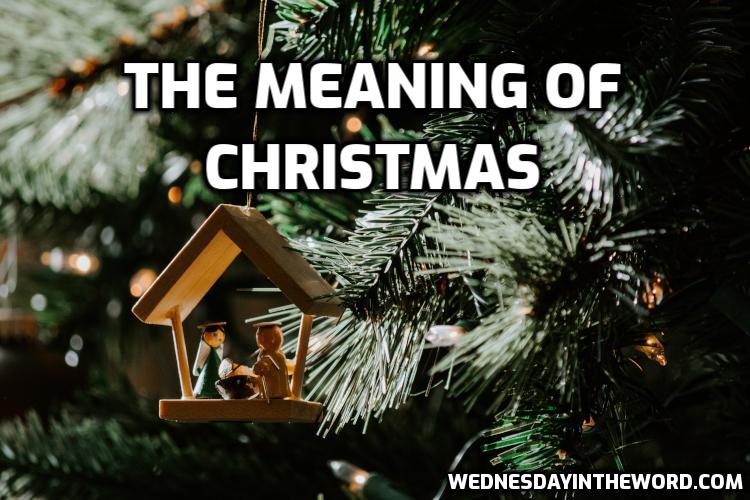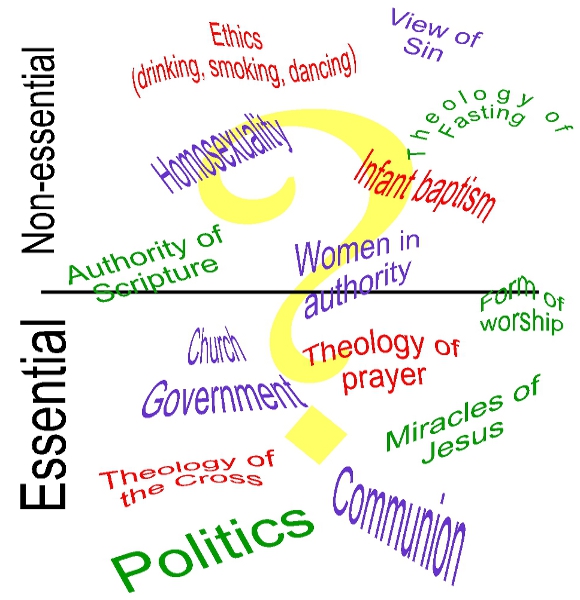
Gospel of John: Believe and Find Life
Gospel of John: Believe and Find Life. An 21-week Bible study podcast series on the Gospel of John from Wednesday in the Word.

Gospel of John: Believe and Find Life. An 21-week Bible study podcast series on the Gospel of John from Wednesday in the Word.

Welcome to the family! Really you can start anywhere and pick any book of the Bible to begin learning. In addition to finding a good local church and small group, here’s one suggested path to start learning.

A 40-week Bible Study podcast series on the Gospel of Matthew chapters 1-7. Matthew gives us one of the earliest records of the teaching of Jesus.

There are 2 consequences to our sin: 1) We experience death and futility. 2) Our rebellion is wrong and we now owe a debt to justice that must be paid. Justification is the payment of that debt.

A friend once asked me if I was on an airplane that was about to crash and had only a couple minutes to use my cell phone to call my family, what would I say? What would I tell them if I knew this would be our last conversation on earth? At first my mind when blank, but then the answer seemed obvious: Hang on to your faith. But to understand why saving faith is that important, you have to really understand the gospel.

There’s nothing like the Christmas season to force you to face the fact that life is often neither joyful nor triumphant. It raises the question, what is the true meaning of Christmas?

Which of our many doctrinal differences should Christians worry about? After all, one person’s heresy is another person’s minor difference of opinion.

How do you recognize a group which claims to represent genuine, apostolic Christianity but in reality does not? Here are 5 questions that separate “the sheep” from “the wolves.”

Is the gospel message of the Word of Life, a “pie in the sky” other worldly gospel? Suppose I give a starving person enough food to eat to this week and next week she starves. Have I failed?

Are we to believe NT Wright, like Dr. Bramwell, is the first to get it right? Should we so easily brush away “centuries of theological tradition”? Chronological snobbery cuts both ways.